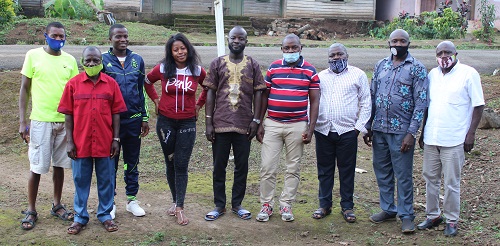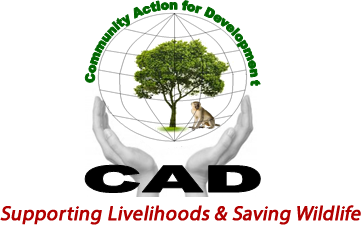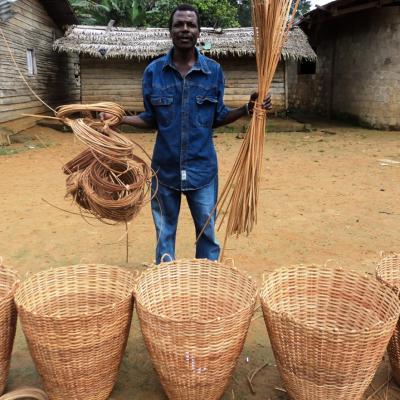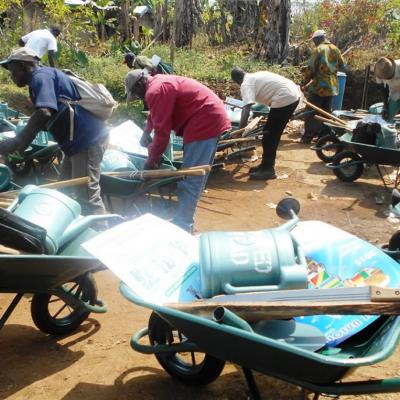
Within the framework of the Leading the Change project, WWF has been supporting the Community Action for Development (CAD), a local partner civil society organization, since 2018, in promoting green business enterprise development in local communities within the Bakossi-Banyang Mbo landscape. A landscape which harbours two protected areas - the Bakossi National Park [29,320 hectares] and the Banyang Mbo Wildlife Sanctuary [66,200 hectares] and very important natural resources, including the forest elephants and many ecotourism attractions and values.
This landscape is host to some of the poorest local communities within Cameroon’s protected areas network. With financial support from WWF, CAD promotes green business development in this landscape as alternative livelihood options for local communities and a strategy to reduce poverty among local populations and pressure on the forest resources. One of the green business enterprises being developed is community-based sustainable tourism, an innovative model that is the first of its kind in Cameroon. To set the pace for the implementation of this model, WWF and CAD are in the process of developing an actionable demand-driven community-based sustainable tourism strategy and plan for the Bakossi-Banyang Mbo landscape, based on an in-depth understanding of the natural and cultural attributes, values and complexities of the areas and the communities that inhabit them.
Following a series of workshops, a training to empower local community members as key resource persons in field data collection held at the CAD head office in Bangem in July 2020. 8 community members (7 men and a woman) drawn from the various clusters of the Bakossi-Bayang Mbo landscape were trained with the hired services of a sustainable tourism expert, Mr Njamen Barro and with assistance from two CADs staff Mr Che and Mr Kwene (Volunteer). Aspects of the training included: interview techniques, identification and description of tourism attractions (natural, cultural, economic activities, …) and tourism axes, use of Geographic Positioning Systems (GPS), compasses and digital camera as well as report writing. The trained local resources persons are currently deployed in the field for information gathering, the results of which will inform the development of a community-based sustainable tourism strategy and plan for the Bakossi-Banyang Mbo landscape in the South West and Littoral Regions of Cameroon. Being community-driven, it is hoped that local people would take led in tourism activities in the landscape so as to enhance community development and participation in natural resource management with coaching and technical backstopping from the Park Service authorities and partner civil society organisations such as CAD and WWF-Cameroon. We shall continue posting updates on the progress of this community-based tourism initiative in Cameroon in the days ahead.


